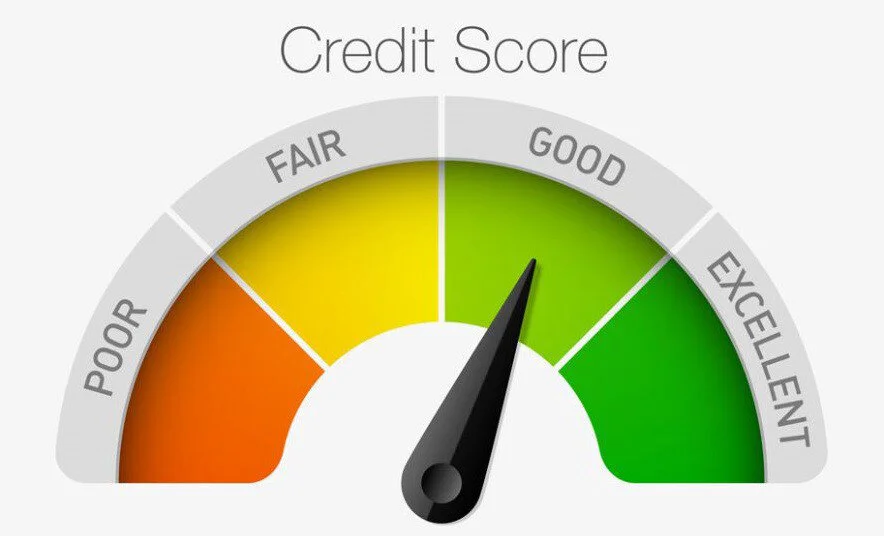In my previous two articles, we looked at how loss aversion and overconfidence both can have a negative impact on an investor’s returns. As with other potentially damaging behaviors investors demonstrate, they often go undetected until someone points out what is happening. That is what makes investor psychology and behavior so fascinating to study.
Qualified Charitable Distribution (QCD): Are You Charitably Inclined?
A Qualified Charitable Distribution, QCD, is one of the most tax efficient methods of donating for individuals above the age of 70 ½ that are charitably inclined. Under this method, individuals age 70 ½ or older can transfer up to $100,000 per year from their IRA to a charity. Keep in mind the age to begin RMDs has been increased to age 72 by the SECURE ACT which took effect on January 1, 2020 but does not affect the QCD age.
Common Investing Mistakes: Optimism Bias
In my last article, I touched on how the behavioral challenge of loss aversion can be detrimental to investors. By causing people to resist making intelligent strategic moves in their portfolio out of fear of recognizing a loss, the result may be investment underperformance over the long run. Today we are going to briefly look at another common behavioral challenge investors face, namely overconfidence.
THE NEW FICO SCORE
A FICO Score is a credit score created by Fair Isaac Corporation used by lenders to assess a borrower’s credit risk and is used in 90% of all lending decisions. FICO updates their models every five years to better predict risk and consumer behavior. FICO is releasing two versions of their scoring models this year, FICO 10 and 10T. FICO 10T stands for trended data and is designed to be a snapshot and predictive of the consumer’s credit journey.
Preventing Senior Scams
One of the harmful outcomes of the quarantining from Coronavirus is the increase in scams targeting seniors. Seclusion puts seniors at a higher risk because the loneliness can lead to greater vulnerability. In a previous article, "Don't Fall for These Common Financial Scams", AnnaMarie Mock, CFPâ described many common financial scams and noted that everyone, young and old alike, can be a target for fraud. However, seniors are especially at risk because they typically have more assets to lose and may have diminished capacity.
Loss Aversion: Financial Behavior to Avoid
I recently celebrated my 45th birthday. Admittedly, celebrating anything while social distancing is considerably less fun, but it was still a great time to reflect on life in general and how the first 45 years have gone so far. Of course, being in finance, thoughts also turned to all of the various market events I have witnessed in that period. The tech bubble bursting in 2000, the 9/11 terrorist attacks, the 2008 financial crisis, and now a pandemic. It seems that once-in-a-lifetime black swan events have happened four times and counting in my career as a financial professional.











